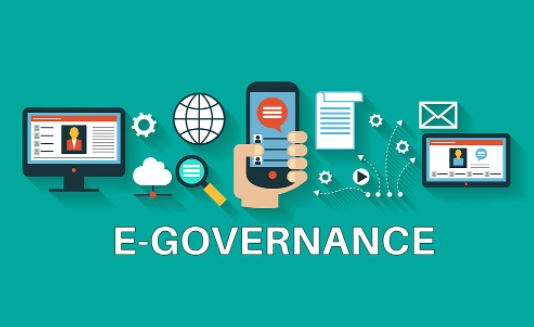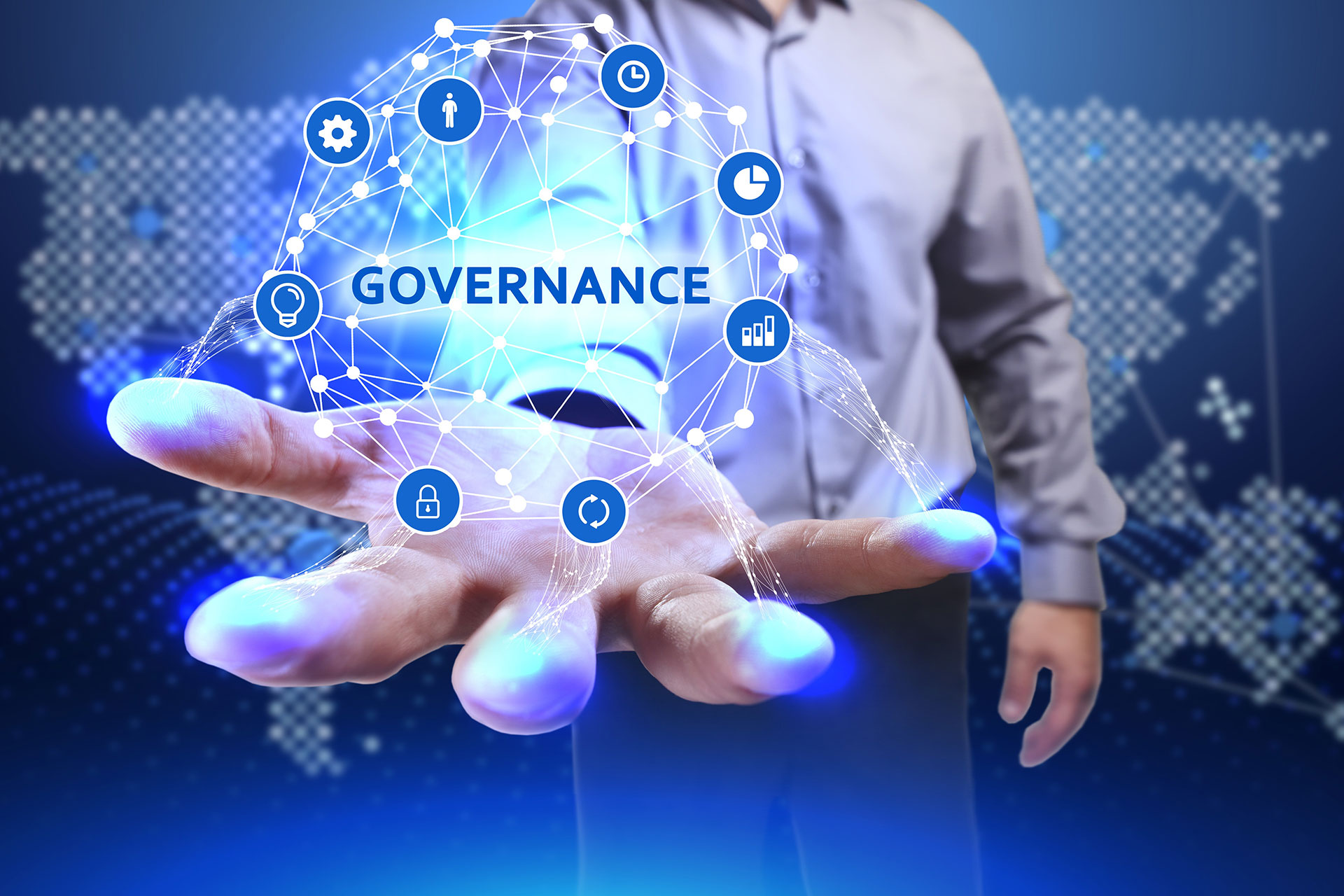In an undeniably advanced world, the job of innovation in E-Governance and administration couldn’t possibly be more significant. E-administration, short for electronic administration, is an idea that has acquired conspicuousness as of late, rethinking the manner in which legislatures collaborate with residents and convey administrations. Pakistan, a country with a background marked by regulatory difficulties, is taking noteworthy steps to embrace innovation to propel administration and improvement. This article dives into the idea of e-administration, Pakistan’s excursion towards advanced change, explicit drives, and the effect of innovation on administration and policy management.
E-Governance for Development:
An introduction to the concept of e-governance and its role in development
E-administration is a broad idea that incorporates the utilization of innovation to work with and improve government tasks and communications with residents. It is a central apparatus for accomplishing excellent administration, which, thus, is essential for a generally speaking turn of events. Excellent administration involves straightforwardness, responsibility, proficiency, and the arrangement of public administrations that address residents’ issues.
E-administration accomplishes these objectives through the mix of data and correspondence advancements (ICT) in government processes. It includes the digitization of managerial capabilities, the foundation of online stages for association with government organizations, and the mechanization of different administrations. The definitive point is to make government more responsive, open, and productive, prompting further development of public help conveyance and resident commitment.
Pakistan’s Tech Leap: How Pakistan is embracing technology to advance governance and development
Pakistan has been on an extraordinary excursion to embrace innovation in administration. The nation has perceived the capability of e-administration in advancing the turn of events and tending to well-established authoritative difficulties. The public authority has started a few aggressive ventures to saddle the forces of innovation for better administration.
One striking advancement is the foundation of the Public Data Innovation Board (NITB), which is the main impetus behind Pakistan’s e-administration drives. NITB is liable for organizing the execution of ICT projects across different government divisions and organizations.

Digital Governance in Pakistan: An Overview of the Digital Transformation of Government Processes
The computerized change of government processes in Pakistan is a complex undertaking. It includes the modernization of managerial frameworks, the improvement of advanced foundations, and the presentation of e-administrations for residents. This change is significant for upgrading the proficiency and straightforwardness of government tasks.
The presentation of biometric confirmation frameworks, computerized record-keeping, and the production of public data sets all had a critical impact on this automated change. These drives have smoothed out government processes as well as limiting the potential for defilement and extortion.
Technological Transformation of Government: How Technology is Reshaping Government Operations and Services
Technology is reshaping government activities in Pakistan in more ways than one. The reception of cloud-based frameworks, massive information examination, and artificial brainpower is changing the manner in which government organizations oversee information and decide. These advancements are being utilized to streamline the asset portion, screen public administrations, and improve dynamic interaction.
Besides, the Web of Things (IoT) is being utilized to screen and oversee a public framework. For example, brilliant urban communities are using IoT to develop traffic on the board further, lessen energy utilization, and upgrade general well-being.
E-Government Initiatives in Pakistan: A Look at Specific Initiatives aimed at Digitizing Government Functions
A few explicit e-government drives in Pakistan are worth focusing on. One such drive is the presentation of the Pakistan Resident Entryway, a computerized stage that permits residents to enlist grievances, give input, and collaborate with government authorities. This has brought another degree of straightforwardness and responsibility to government cooperation.
The presentation of the Public Single Window (NSW) Framework is another essential drive. NSW is a one-stop stage for merchants and organizations to submit administrative reports and information for imports and products. This framework smoothes out exchange processes as well as diminishes postponements and failures.
Impact of Technology on E-Governance: The positive effects of technology on governance and public administration
The effect of innovation on administration and policy implementation in Pakistan has been predominantly positive. It has brought about enhanced straightforwardness, diminished debasement, and further developed assistance conveyance. Here are a few key regions where innovation has had an effect:
- Transparency and Accountability: Advanced stages have made government activities more straightforward and responsible. Residents can follow the advancement of their grumblings and screen government spending, prompting expanded trust in government foundations.
- Efficiency: Robotization of government processes has diminished regulatory administrative noise, bringing about quicker administrative conveyance. Government representatives can now access and interact with data all the more productively.
- Cost Savings: The digitization of records and cycles has prompted tremendous expense investment funds over the long haul. It has decreased the requirement for actual frameworks and paper-based documentation.
- Reduced Corruption: Computerized frameworks have diminished open doors for heresy, as exchanges and cycles are recorded electronically, making it hard for people to participate in degenerate practices.
- Improved Service Delivery: E-administration has made it simpler for residents to get to taxpayer-driven organizations on the web. This accommodation has worked on the general nature of administrative conveyance.
Online Services for Citizens: How residents benefit from e-taxpayer driven organizations and online communications with government
Residents in Pakistan have significantly profited from e-taxpayer-supported organizations and online collaborations with the government. These advantages include:
- Convenience: Residents can get to taxpayer-supported organizations and data from the solace of their homes, lessening the requirement for actual visits to government workplaces.
- Availability: E-administrations have made government data and administrations more open to individuals living in remote or underserved regions.
- Reduced Waiting Times: Advanced stages have altogether diminished sit-tight times for administrations, as residents can submit applications and keep tabs on their development on the web.
- Transparency: Residents can now get to data connected with government spending, arrangements, and projects, cultivating more noteworthy straightforwardness and responsibility.
- Feedback Mechanism: Online stages permit residents to give input and register grumblings, making a channel for their voices to be heard and issues to be tended to.
- Financial Inclusion: E-installment and web-based financial administrations have made it easier for residents to participate in monetary exchanges and access government appropriations and motivators.
Pakistan’s Digital E-Governance Success: Success Stories and Achievements in the Field of Digital Governance
Pakistan has made tremendous progress in the domain of computerized administration. One eminent example of overcoming adversity is the execution of the Ehsaas Program, a neediness mitigation drive that utilizes innovation to distinguish and uphold weak populacies. Through the program, the public authority has had the option to give monetary help to a considerable number of families out of luck, diminishing poverty and working on the occupations of the most burdened.
One more example of overcoming adversity is the computerization of land records in Punjab, which has essentially diminished debasement and further developed land residency security. By digitizing land records and making them open on the web, residents can undoubtedly confirm property proprietorship and complete property exchanges without the requirement for mediators.
Enhancing Public Administration Through Tech: How Innovation is Working on the Productivity and Straightforwardness of Policy Implementation
The joining of innovation and policy implementation has further developed productivity and straightforwardness. Electronic archive frameworks have decreased desk work and made data effectively open to government representatives. This has smoothed out inward cycles and navigation.
Besides, the utilization of information examination and AI in policy implementation has further developed asset designation and strategy detailing. Government organizations can now investigate considerable datasets to recognize patterns and settle on information-driven choices. This has improved the public authority’s capacity actually to address cultural difficulties.
Government Digitization in Pakistan: The Journey and Progress of Digitizing Government Processes in Pakistan
Pakistan’s excursion towards government digitization has been continuous for quite a long time and keeps on advancing. The public authority’s obligation to computerized change is evident in the various drives and undertakings pointed out.


